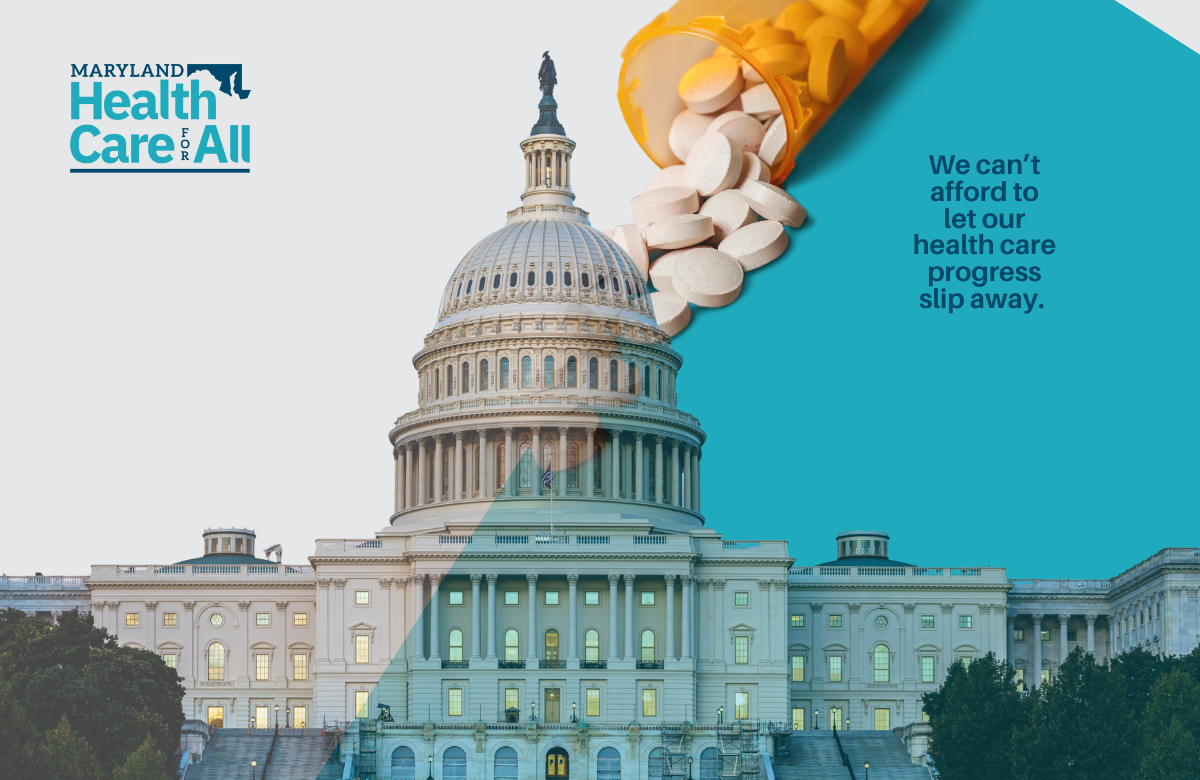Frederick News Post
Originally published June 05, 2011
In her May 25 column disparaging both Maryland’s 2007 one-dollar tobacco tax increase and this year’s historic alcohol sales tax increase, Marta Mossburg fails to mention key facts about these two lifesaving measures.
The 2007 tobacco tax increase, along with previous tobacco tax increases in 1999 and 2002, was critical in causing Maryland’s dramatic 32 percent drop in smoking over the past decade, more than double the national average. This has resulted in more than 200,000 fewer smokers in our state, which has saved in excess of 70,000 Marylanders from early, preventable tobacco-caused deaths. And, we all benefited from this because of the hundreds of millions of dollars saved in health care costs that tobacco-related illnesses generate.
Similarly, according to two top national experts, professors David Jernigan and Hugh Waters of the Johns Hopkins Bloomberg School of Public Health, the new alcohol tax increase will also save lives by reducing underage drinking and alcohol abuse.
According to testimony Jernigan presented before the General Assembly, the alcohol sales tax increase will lead to a nearly 2 percent decrease in alcohol consumption, and prevent 14 deaths, 125 cases of aggravated assault, 26 incidents of severe violence against children, and close to 6,000 cases of alcohol abuse or dependence every year. It is unfortunate that Mossburg and other critics of tobacco and alcohol tax increases always ignore the lives saved by these public health revenue measures.
Mossburg also failed to mention that the 2007 tobacco tax increase helped to fund health care expansion to more than 250,000 Maryland parents, children and seniors, many of whose lives were saved because they were able to get the health care they needed. And we have all benefited because we are paying less uncompensated hospital care for the uninsured.
We never claimed, as Mossburg alleges, that the 2007 tobacco tax increase would pay for all of the new health care coverage. It accomplished what we said it would accomplish: saved many lives from tobacco addiction and helped to fund health care expansion.
As for the new alcohol sales tax, the state’s estimate of $85 million in new revenue coming from it is in fact extremely conservative — it assumes a much greater drop in alcohol consumption than anything in the published research literature about what has actually happened when alcohol taxes have increased.
Also, the other side of the coin is missing — if consumption were to decrease as much as the state’s estimate suggests (or even more than this, as the author of the op-ed suggests), the public health benefits and savings to the state would simply be that much greater, because there would be substantially fewer alcohol problems, generating lower health care and public safety costs, and higher rates of productivity.
And whatever money is raised by the new alcohol sales tax, we in the public health community will work with the governor and General Assembly to make sure that the money is used to fund critical health care and community services, including health care coverage services for people with developmental disabilities and mental health needs; tobacco, drug, and alcohol prevention and treatment; and health care worker training.
Clearly, Marylanders can be very proud that our governor and General Assembly stood up to the powerful tobacco and alcohol lobbies and enacted both of these measures, which are saving lives by increasing tobacco and alcohol prices and raising money that is making Maryland a healthier place for all of us to live.
Vincent DeMarco is president of Maryland Citizens’ Health Initiative. He writes from Baltimore.
Last modified: June 9, 2011



